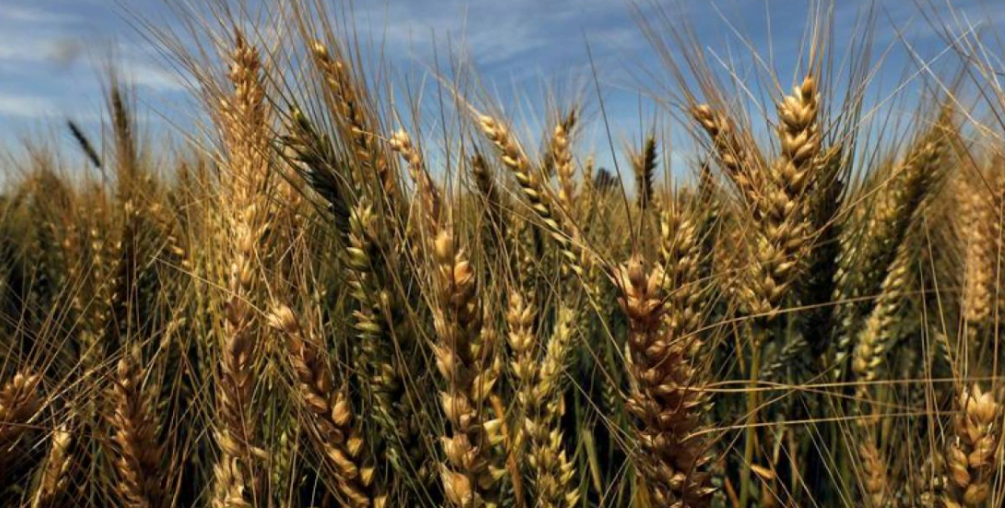When I started out as an entrepreneur my mission was to provide simple, powerful and cutting-edge agricultural solutions to rural farmers using unique technologies that adapt to their realities and totally transform their farming. My business was based on the core ideology of enhancing farming and radically reengineering the practice of agriculture in Nigeria by bringing it in tune with the current and even future trends of time in the most practical way possible.
This positions me in a relatively new market, even by global standards. This new emerging economic sector is called sustainable agricultural technology or, more simply, “Agri-Tech.” It refers to innovative technologies in the agricultural sector that demonstrably enhance the sustainability of the practice by increasing productivity, improving the efficiency of resource use, and reducing ecological impacts. They also yield sustained or enhanced profitability to investors by increasing the long-term value of agricultural production.
- Pipeline contract: Bayelsa gov wades into Tompolo, Asari, Ateke clash
- Dangote Cement promo star prize winner gets N5m in Jos
Businesses in Agri-Tech provide avenues for farmers to practice agriculture with a clear implication of environmental, social, and economic value. In Nigeria, the majority of Agri-Tech business targets are understandably rural farmers. Most of these farmers practice subsistence agriculture and are very low income earners with little or no formal education. There is an incredible opportunity due to their huge numbers but also an impending risks because food and nutrition is essential to power and maintaining the huge population.
Globally, humanity must now produce more food by 2050 than we have since dawn of agriculture. And we must do so sustainably. According to the The 2050 Criteria of the World Wildlife Fund and the Food Agriculture Organization (FAO), all food production must increase by 70 percent over the next 40 years to satisfy increasing demand due to population growth and rising economic prosperity. Sustainable higher yields must be achieved by increasing productivity. Meeting these goals requires Agri-Tech innovations that can produce food with significant improvements in resource efficiency. To put it another way, we will need to produce more units of food and other agricultural produce with less input.
While I feel hugely inspired by providing new, simpler and better ways of doing things for people who would otherwise struggle to accomplish tasks that are essential to their livelihoods, I understand how massive this task is and how it is totally beyond one step, person or business to achieve. We need innovations along the entire agriculture value chain in order to increase the productivity of our farming systems while simultaneously transforming agriculture into a source of environmental health. Succeeding will require sustained investment, increasing collaboration and enlightened public policy. Beyond just input intensification and CBN interventions we must build integrated farming systems that combine advanced seed genetics, on-farm agronomic practices, software and hardware innovations to drive yield.
I grew up around agriculture at both subsistence and commercial scales. I know what difference good yields made and what bad harvests meant for farmers, especially smallholder farmers. This is hardly a ‘Nigeria only’ issue. In fact, the situation is nearly identical across the African continent and as a result, Africa imports $40 billion worth of food annually. I always feel there is an issue of genuine concern then, when despite the production of food by more than half of a continent’s labour it still imports food from elsewhere and farmers wallow in abject poverty. However, I’m also aware of the new innovations springing out of Africa, addressing uniquely African problems and solving them quite efficiently.
Indeed, like many Agri-Tech entrepreneurs in Nigeria and Africa, I feel a great sense of responsibility to use my skills and network of people in solving the farmer’s plight especially with all the proliferation of new technology in Africa like mobile phones. Our quest for improvement of food production and livelihoods by enhancing both production and productivity to feed Africa and the world must be multi-faceted and innovation led. While at it, we must be dedicated to present unique opportunities to women and young people, thereby unlocking potentials. Global gains in agricultural productivity realised during the Green Revolution of the 1960s and 1980s were driven by input intensification and crop-area expansion. In comparison, the productivity gains achieved in the 1990s and 2000s largely were driven by innovations and less from input intensification or new land being brought into cultivation. The 2020s are here and are a new ball game entirely with exploding population, a pandemic, wars (Ukraine, Syria, Ethiopia, Yemen and more) unstable financial markets and worsening environmental crises.
Therefore, while employing innovations in Agri-Tech, we must also be mindful of the negative environmental impact of agriculture. I am confident that this can be done and also aware that it is a revolution that requires many actors. It will require sustained investment and favourable policy. But above all, it will require entrepreneurs who are passionate about innovation in Agri-Tech.

 Join Daily Trust WhatsApp Community For Quick Access To News and Happenings Around You.
Join Daily Trust WhatsApp Community For Quick Access To News and Happenings Around You.


